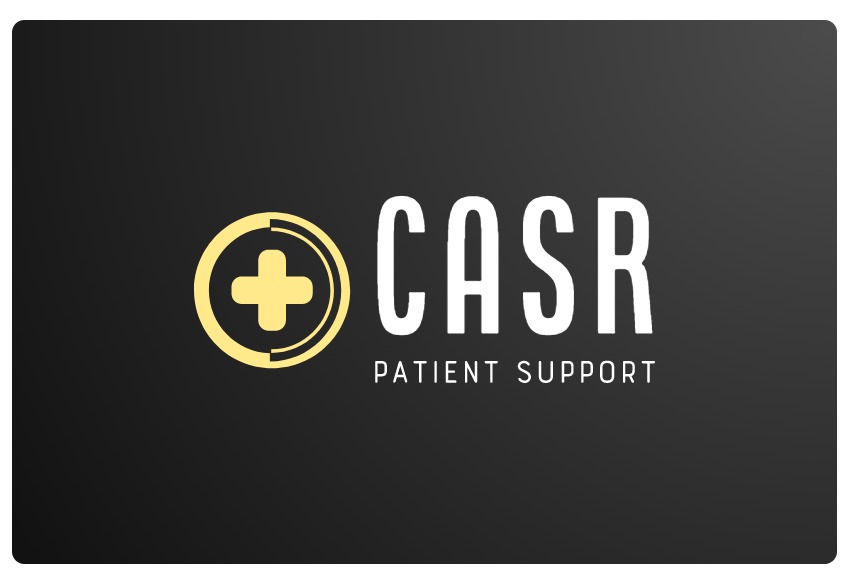Managing Nerve Pain in Hypoparathyroidism
Nerve pain, or neuropathy, is a common symptom experienced by individuals with hypoparathyroidism. This condition occurs when there is a lack of parathyroid hormone, which can lead to low levels of calcium in the blood. Calcium is essential for proper nerve function, and when levels are low, it can cause damage to nerve cells.
The symptoms of nerve pain caused by hypoparathyroidism can vary, but common symptoms include tingling or numbness in the extremities, burning or shooting pain, muscle weakness, and sensitivity to touch. The pain can be localized to a specific area or affect multiple areas of the body.
To manage nerve pain caused by hypoparathyroidism, it is important to first treat the underlying condition. This may include supplementation with calcium and vitamin D, as well as medications to regulate calcium levels. In addition, certain lifestyle modifications can help manage symptoms. These may include avoiding alcohol and caffeine, maintaining a healthy diet, getting regular exercise, and practicing stress-reducing techniques such as meditation or yoga.
If the nerve pain persists despite these interventions, a healthcare provider may recommend additional treatments such as physical therapy, nerve blocks, or medications specifically designed to treat neuropathy. It is important for individuals with hypoparathyroidism to work closely with their healthcare providers to develop an individualized treatment plan that addresses all of their symptoms and concerns.
The management of nerve pain caused by hypoparathyroidism may involve the use of a variety of medications. These may include:
1. Analgesics: These are painkillers that are used to relieve mild to moderate pain. Examples of analgesics include acetaminophen, ibuprofen, and aspirin.
2. Anticonvulsants: These drugs are commonly used to control seizures, but they can also help to relieve nerve pain. Examples of anticonvulsants that may be used to treat nerve pain include gabapentin and pregabalin.
3. Antidepressants: Certain antidepressant medications can be effective in treating nerve pain. These drugs work by altering the levels of certain brain chemicals, such as serotonin and norepinephrine, which can help to reduce pain signals. Examples of antidepressants that may be used to treat nerve pain include amitriptyline and duloxetine.
4. Topical agents: These are creams or patches that are applied directly to the skin at the site of the pain. Examples of topical agents that may be used to treat nerve pain include lidocaine and capsaicin.
It is important to note that the use of medications to manage nerve pain should always be done under the guidance of a healthcare professional. They can help determine the best treatment plan for each individual patient and monitor for any potential side effects or interactions with other medications.



